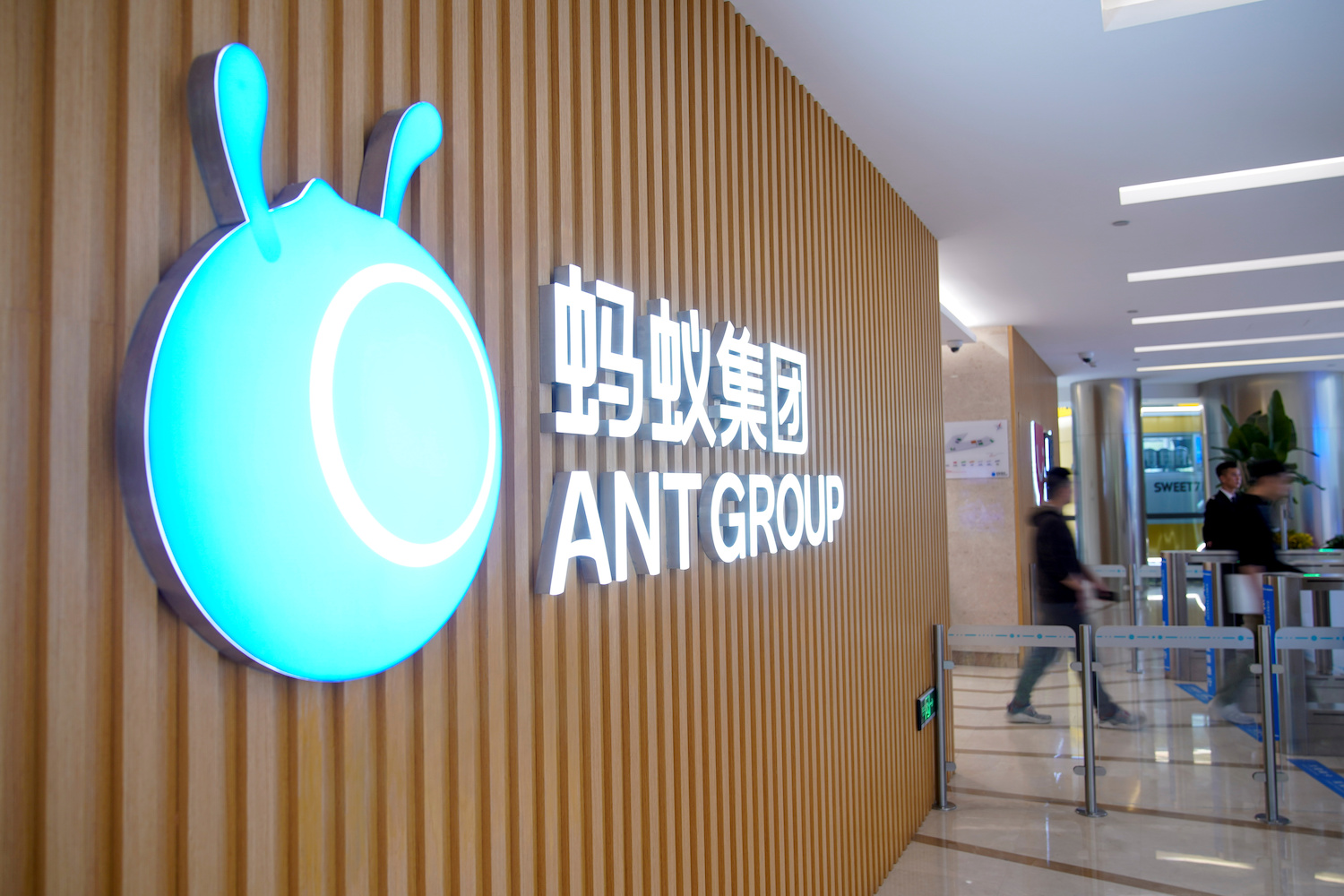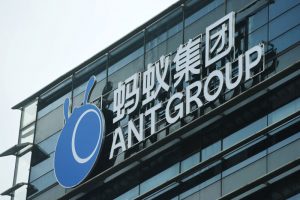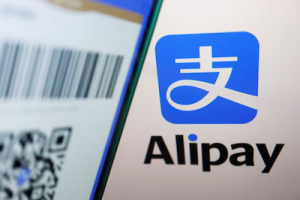(ATF) The suspension of Ant Financial’s $37 billion IPO will not just hurt the value of the company but will also inflict a blow to China’s ambitions as an independent capital market venue.
Chinese regulators suspended the record-shattering Ant IPO on Shanghai’s STAR market and the Hong Kong Stock Exchange two days before its debut after Chinese regulators scrutinised the company’s online lending operations.
They said later the company had failed to meet issuance and listing conditions or information disclosure requirements.
And while the listing may well happen at a later date and China will continue its financial market rivalry with the US, damage to China’s markets may have already been done and the scars will take a while to heal.
Asia Eight: Daily must-reads from the world’s most dynamic region
“It undermines investors’ confidence in the nascent STAR market as well as the Hong Kong Stock Exchange, as the latter used to be more independent from Beijing’s influence,” Xiaomeng Lu, a senior analyst of Eurasia Group’s geo-technology practice, said.
It also has implications for the yuan, which has been surging of late partly due to the dollar’s weakness, though mainly due to China’s speedy economic recovery from the coronavirus pandemic.
“It is not a good record for Beijing’s capital market reform story. It may potentially undermine the RMB’s internationalization effort. Global investors still remember the 2015 Shanghai stock market crash,” Lu said.
In 2015, the stock market rallied to a seven-year high despite weak economic performance but when leveraged retail bets were unwound the index plunged 45%, triggering worries about a global financial crisis.
‘A clear political statement’
“The suspension is a clear political statement that Beijing expects even its most important private companies to toe the line. Ant’s Jack Ma had made aggressive comments last week criticising China’s state banks and implicitly the regulators. China’s leadership wants to ensure Ma stays within political bounds, and also is not tempted to challenge the authority of regulators – a critical issue given Ant’s systemic importance to China’s financial system,” Lu said.
Jack Ma, one of China’s richest and most powerful business figures as well as Ant Group’s controlling shareholder, had recently criticised not just the Chinese banking system but also the global financial order.
He said China’s banks were still operating with a “pawnshop” mentality, demanding collateral and guarantees before lending and that such a model would fail to fuel future growth.
He also took aim at the global financial system that was established after World War II, including the Basel Committee on banking supervision that dates from 1974, saying it was outdated and needed to be overhauled.
‘Areas of tension’
Following his comments, officials from the People’s Bank of China, China Securities Regulatory Commission (CSRC), China Banking and Insurance Regulatory Commission and foreign exchange regulator SAFE summoned Ma for a regulatory interview which was followed by a slap on the wrist and the suspension.
“The deal points to areas of tension between China’s largest tech companies and powerful Chinese regulators, and the potential political risks for investors as Xi tightens control over China’s corporate sector,” said Lu.
“This is the first time the Chinese regulators have taken such drastic actions on the eve of a large IPO, and is particularly notable given the deal’s political visibility: Ant’s IPO is highly resonant for China’s tech ambitions and the ability of domestic and Hong Kong exchanges (rather than the US) to raise capital for a ‘national champion’.”
























